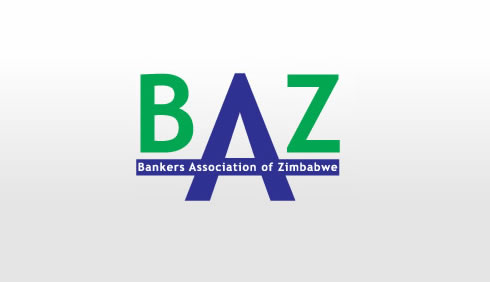More Zimbabwean banks are increasingly becoming foreign-owned despite government's aggressive indigenisation programme, the Bankers Association of Zimbabwe (Baz) has said.
Although President Robert Mugabe's administration has vowed to have the financial sector indigenised, locals lack capital, resulting in the institutions falling in foreign hands following bail out deals.
Apart from several ultimatums, former Indigenisation minister Savior Kasukuwere threatened to evict the foreign banks for failure to comply with the empowerment law, compelling foreigners to cede majority shareholding to black locals.
Baz president George Guvamatanga recently told Parliament that the Reserve Bank of Zimbabwe (RBZ)'s move to increase banks' minimum capital requirements from $12,5 million to $100 million has seen more local financial institutions seeking offshore capital.
"We used to have three or four foreign-owned banks before the (Indigenisation) Act came into effect, but now two or more banks are now majority owned by foreigners,” he said.
Zimbabwe currently has 21 banks, 16 locally-owned while five are majority owned by foreigners.
"We strongly believe that Zimbabweans should own shares in banks, but where we are today, with the requirement for more capital in banks, it would be difficult for locals to raise $100 million,” he said.
In 2010, Togo-based Ecobank International acquired a nearly 70 percent stake in Premier Bank resulting in the rebranding of the financial group to Ecobank Zimbabwe Limited.
Last year, Mauritian AfrAsia Bank Limited increased its shareholding in then Kingdom Financial Holdings Limited to over 50 percent after acquiring its founder, Nigel Chanakira's, 33 percent stake.
The group has since been renamed to AfrAsia Zimbabwe Financial Holdings.
Trust Holdings Limited — owners of Trust Bank, before the cancellation of its operating licence last December, was on the verge of concluding a multi-million dollar deal with a South Africa-based company Mining, Oil, and Gas Service.
The deal would have seen the Royal Bafokeng investment firm acquiring a majority stake in the financial institution.
Recently, Allied Bank, battling to raise $30 million in fresh capital to meet central bank's requirements, announced it is in negotiations with a Mauritius-based consortium for a bail out and subsequent acquisition of more than 70 percent shareholding in the financial institution.
In 2012, the central bank increased minimum capital thresholds as part of efforts to curb systemic risks and ease the liquidity crunch in the economy.
The deadline was, however, later extended to December 2020 after many banks showed signs of strain due to lack of capital in the country.
Economic experts say Zimbabwe's adoption of the multi-currency system in 2009 and the absence of the central bank in the market as a lender of last resort have contributed to the acute liquidity crisis being experienced in the country.
Guvamatanga noted that it would be prudent for locals to increase their shareholding in financial institutions but the pressure to meet the minimum capital requirements is forcing banks to seek offshore capital.
MBCA, Standard Chartered, Barclays Zimbabwe and Stanbic are some of the banks in the country that are majority owned by foreigners.
- dailynews
 Concern over Masvingo black market
Concern over Masvingo black market  Kenya declares three days of mourning for Mugabe
Kenya declares three days of mourning for Mugabe  UK's Boris Johnson quits over Brexit stretegy
UK's Boris Johnson quits over Brexit stretegy  SecZim licences VFEX
SecZim licences VFEX  Zimbabwe abandons debt relief initiative
Zimbabwe abandons debt relief initiative  European Investment Bank warms up to Zimbabwe
European Investment Bank warms up to Zimbabwe  Young Investment Professional (YIP) Graduate Programme 2019
Young Investment Professional (YIP) Graduate Programme 2019 











 Young Investment Professional (YIP) Graduate Programme 2019
Young Investment Professional (YIP) Graduate Programme 2019
Editor's Pick